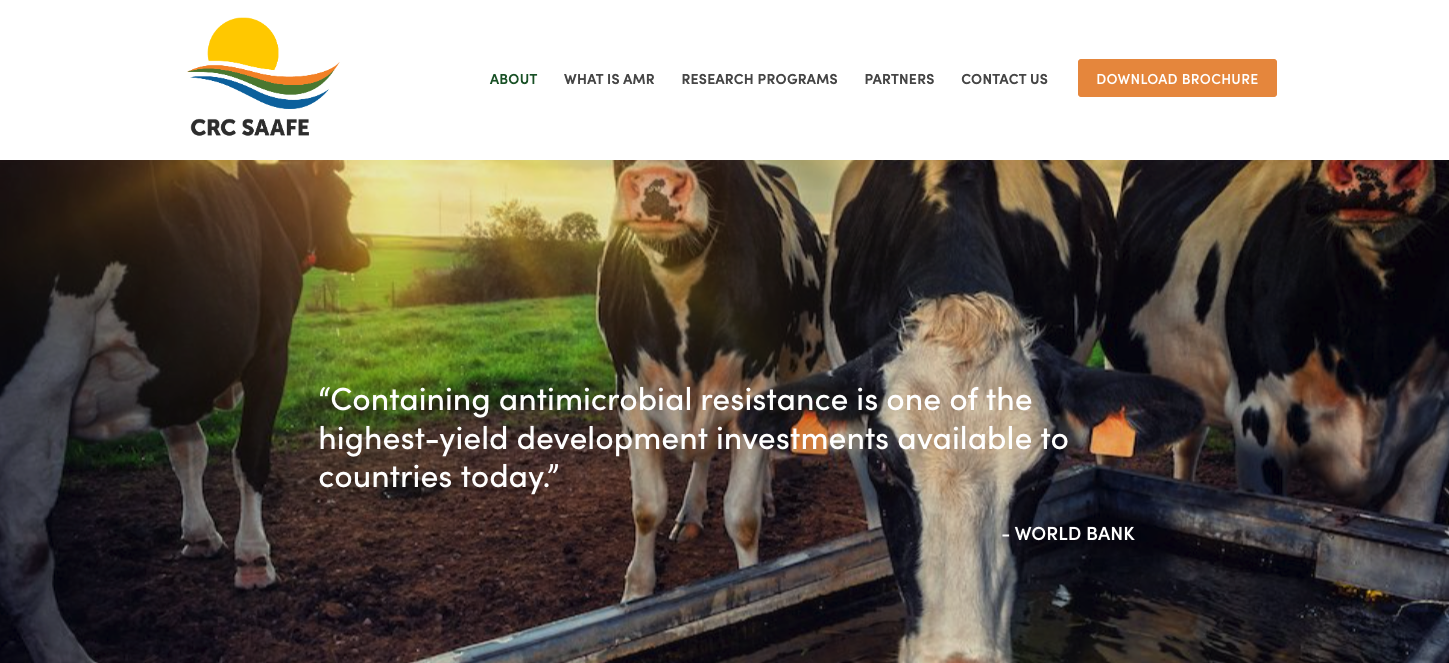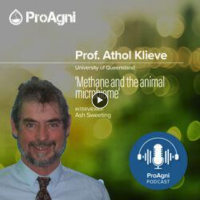ProAgni CFO and Co-Founder Fiona Soulsby recently participated on the CRC SAAFE interview team in Canberra.
CRC SAAFE – Cooperative Research Centre for Solving Antimicrobial Resistance in Agribusiness, Food and Environments was awarded 34.5 Million and will leverage approximately $150 Million in cash and in-kind contributions from 53 partners working across 5 states and territories of Australia. The CRC will run for 10 years, and will help solve antimicrobial resistance challenges posing a growing threat to Australia’s food, agribusiness, and environmental sectors.
Fiona said “AMR is a health risk, and a social license risk. Market rules are changing.” Producers need access to tools and solutions to not only continue to access valuable export markets, but also exploit opportunities in new and emerging markets. ProAgni’s participation in CRC SAAFE, provides support to an environment for those tools and solutions to be developed and deployed, safe guarding our existing industry and providing market ready opportunities for 2022 and Beyond.
ProAgni looks forward to being part of this change and continuing to support UN SDG 3. To find out more about CRC SAAFE go to their website or
Click here to read the CRC SAAFE Information Brochure JULY 2021 V11


